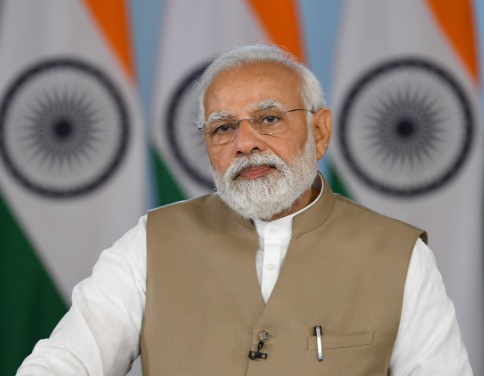With the launch of Module-2 of the International Classification of Diseases-11 (ICD-11), Ayurveda, Unani, and Siddha (ASU) systems of medicines are set to use standardized morbidity codes globally. Prime Minister Narendra Modi highlighted this achievement during his “Mann Ki Baat” episode on Sunday, emphasizing its positive impact on patients seeking traditional medicine recourse.
The World Health Organization recently launched ICD-11, Chapter 26, Module 2 in Delhi. The Prime Minister, in his broadcast, addressed the historical challenges faced by patients relying on ASU treatments, noting the absence of a common language for disease terminology among doctors. The launch of ICD-11 Module 2 addresses this issue, enabling doctors to use standardized language for prescriptions and medical records.
PM Modi expressed satisfaction in sharing that the Ministry of Ayush, with support from the World Health Organization, has codified data and terminology related to Ayurveda, Siddha, and Unani medicine. This coding ensures uniformity in disease and treatment descriptions, facilitating better understanding among doctors and aiding research efforts.
The ICD-11, Module 2, not only enhances patient care and facilitates research but also holds potential for medical insurance coverage. It fosters the creation of insurance packages and insurance portability globally, thereby promoting Medical Value Travel for Ayush care in India.
Union Minister of Ayush and Shipping, Ports, and Waterways, Sarbananda Sonowal, credited the global success of ICD-11 Module 2 to the Prime Minister’s guidance, stating that India’s traditional medicine system is gaining global recognition due to his efforts.
Secretary Ayush said that the Ministry of Ayush will formulate future public healthcare strategies based on ICD-11, Module 2, implementing it both nationally and internationally. The indexing of Traditional Medicine-related disease names in ICD-11 marks a milestone in establishing a globally uniform tradition.














